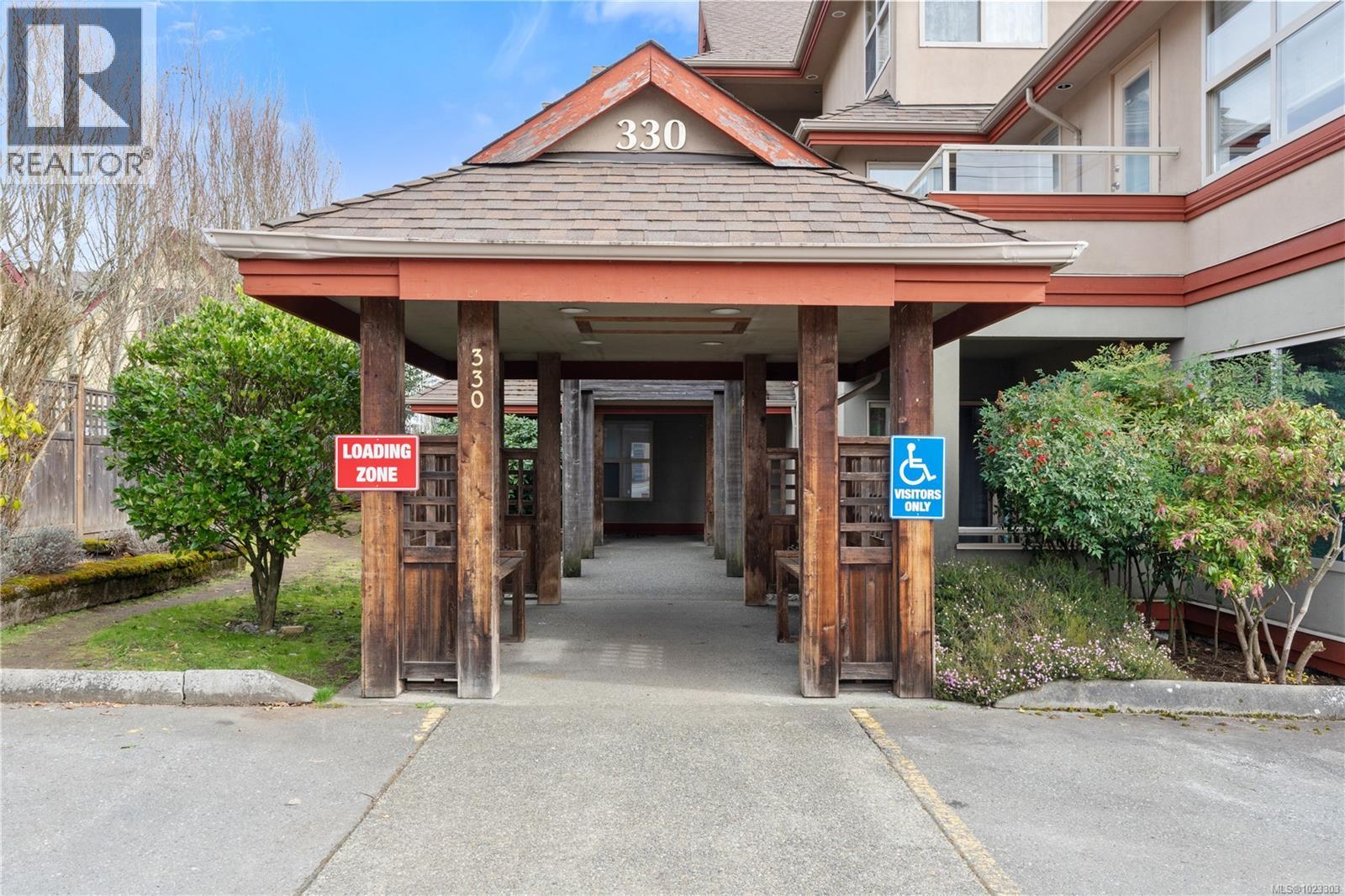About Duncan
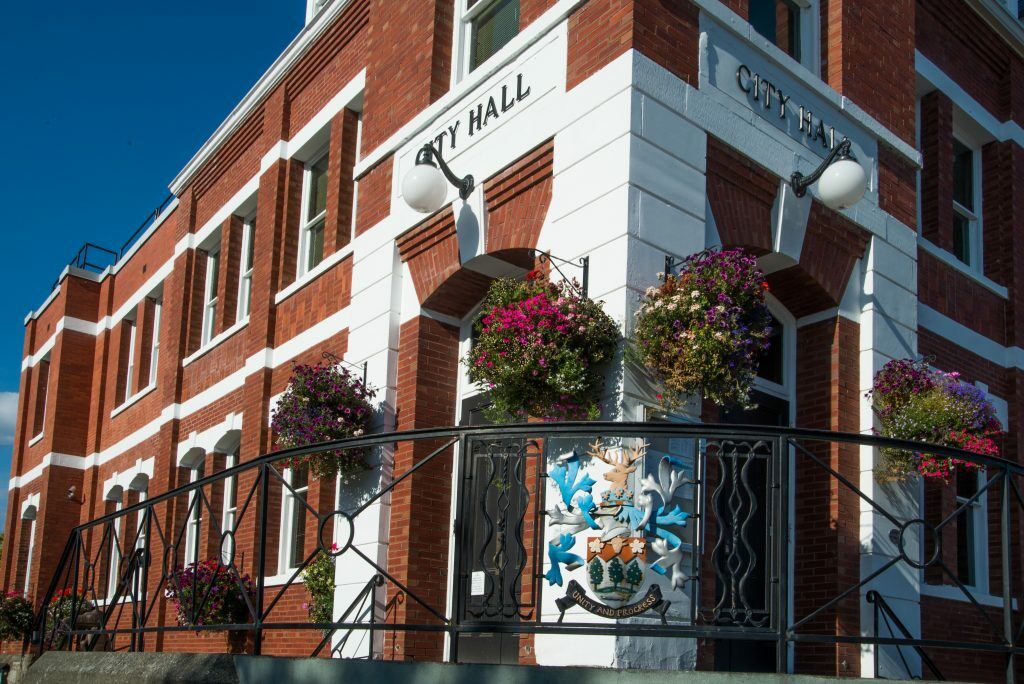
Located on southern Vancouver Island, Duncan is the hub of the Cowichan Valley. The small city is about 45 kilometres from both Victoria to the south and Nanaimo to the north.
Duncan has a large Indigenous community and is the traditional home of the Cowichan Tribes, the largest band among the Coast Salish people. The men and women of the Cowichan Tribes are makers of the world-famous Cowichan sweaters. The name Cowichan itself is an Anglicization of Halkomelem Quw̓utsun̓, which means “the warm land.” Duncan is also known for its large collection of totem poles
The community is named after William Chalmers Duncan, one of the hundred settlers whom Vancouver Island Governor James Douglas took to Cowichan Bay in 1862. After venturing out on several gold rushes, Duncan settled close to the present City of Duncan.
In 1911, Norman Corfield drove the first car over the Malahat Highway, opening up vehicle traffic to Duncan. A year later, the City of Duncan was incorporated.
Construction of the Duncan Garage Heritage Building started in 1912 and appeared in Canadian Motorist Magazine (May 1913 issue) as “The most complete and up-to-date fireproof garage on Vancouver Island.” The Duncan Garage was designated a heritage building in 2002.
Cowichan Community Centre is home to the world's largest hockey stick, which was made specifically for Expo 86 in Vancouver.
Some notable residents of Duncan include former NHL players Greg Adams, Robin Bawa, Doug Bodger, Geoff Courtnall, Russ Courtnall, and Matt Ellison, as well as marine biologist Michael Bigg, singer/songwriter Mac DeMarco, and diplomat Kevin Hamilton.
Duncan has a warm-summer Mediterranean climate.
In a January 2019 article, the Cowichan Valley Citizen quoted BC Assessments for housing prices in the area. The average price of a house in North Cowichan had risen from $375,000 in 2018 to $430,000. Homeowners in the City of Duncan saw a 12 per cent increase of their property values from the previous year, from $310,000 to $349,000.
Demographics
Although the City of Duncan has a population of just under 5,000, it serves the Cowichan Valley. The Valley has a population of approximately 84,000, many of whom live in North Cowichan and Cowichan Tribes.
Before the Canada–United States softwood lumber dispute began in 1982, Duncan and the Cowichan Valley were a thriving lumber centre in British Columbia.
Schools
Duncan has one independent school, Queen Margaret's School, established in 1921 as a private secondary university preparatory school.
Vancouver Island University (formerly Malaspina University-College) has a regional campus in the Municipality of North Cowichan, bordering Duncan.
Along with two public secondary schools, as well as several elementary schools, the Cowichan region has two denominational independent schools: Queen of Angels (Catholic school) and Duncan Christian School. Sunrise Waldorf School is a non-denominational K-8 independent school offering Waldorf education in the Cowichan Valley.
Parks, Sports & Recreation
The Cowichan Community Sportsplex, on the border of Duncan, hosts the British Columbia Hockey League’s Cowichan Valley Capitals, as well as the Cowichan Valley Athletic Club’s (CVAC) Jaguars.
Founded in 1887, the South Cowichan Lawn Tennis Club was designated a Heritage site in 1991. It still exists today.
Arts, Culture & Entertainment
The Cowichan Historical Society (Museum) provides free tours of the local totem poles in the summer months. The Cowichan Performing Arts Centre, also located in Duncan, hosts concerts and other performing arts events.
The region itself is home to many painters, potters, sculptors, weavers, jewellers, glass blowers, knitters and carvers. Their works can be seen in home studios and galleries along the Cowichan corridor.
Internationally acclaimed landscape painter E.J. Hughes lived in many parts of the region for over 50 years, and many of his celebrated works showcase Cowichan vignettes and vistas.
In the summer, music lovers come out for the three-day long Islands Folk Festival and, in downtown Duncan, the free 39 Days of July. In late July, the four-day Sunfest is the largest country music festival in western Canada.
Dining
A mild, Mediterranean-like climate and an abundance of fertile land are two factors that have helped Cowichan become what renowned foodie James Barber has called “Canada’s Provence.” There are a number of wineries, cideries, distilleries and breweries in the area, which supply the local restaurants, bistros and bakeries. In Duncan proper, a coconut porter is among the offerings at Red Arrow Beer Co. Favourite Duncan eateries include the farm-to-table restaurant Alderlea Farm and Café, Ironworks Café and Creperie, and Italian Kitchen & Deli at Grove Hall Farms.
Shopping
For shopping, the area offers everything from antiques and fine art to First Nations creations, fashions, arts and crafts, jewellery and more. Aquamaris Art Gallery, Chocolate Pearl, and Ten Old Books are among the shops in Duncan.
Duncan Real Estate Listings
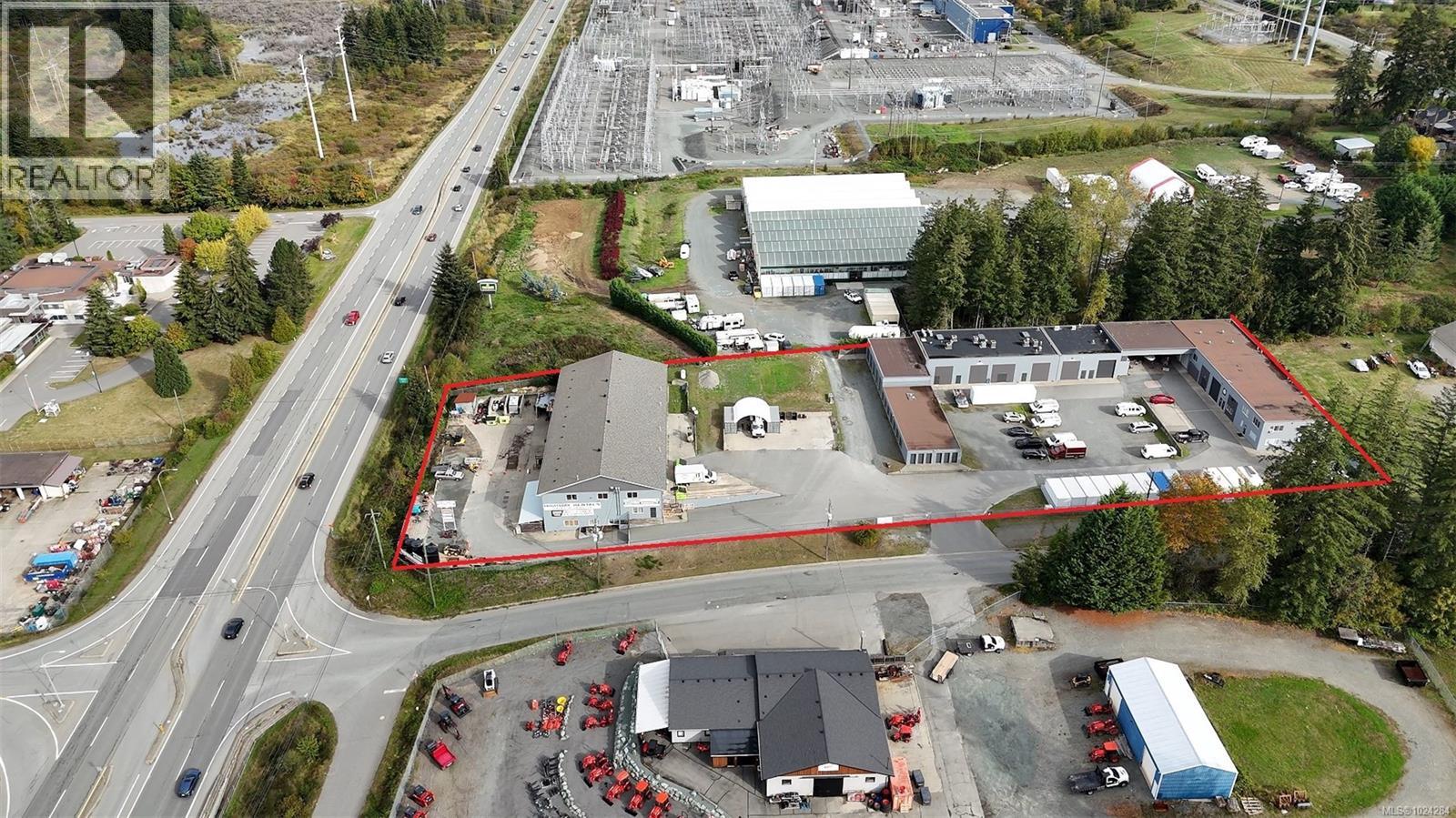
2935 Sprott Rd, Duncan
$9,475,000MLS® 1024284
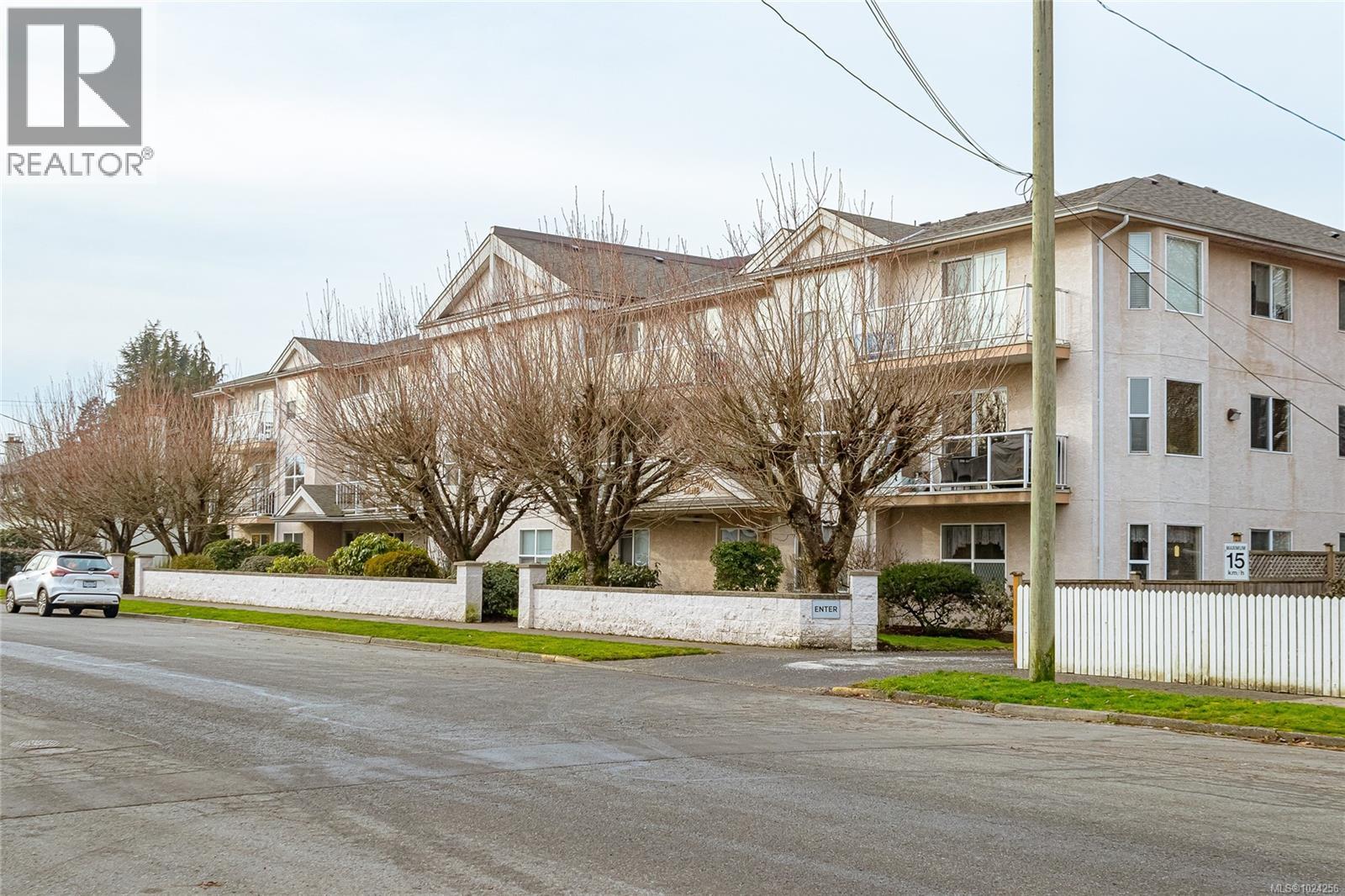
303 321 McKinstry Rd, Duncan
$369,900MLS® 1024256
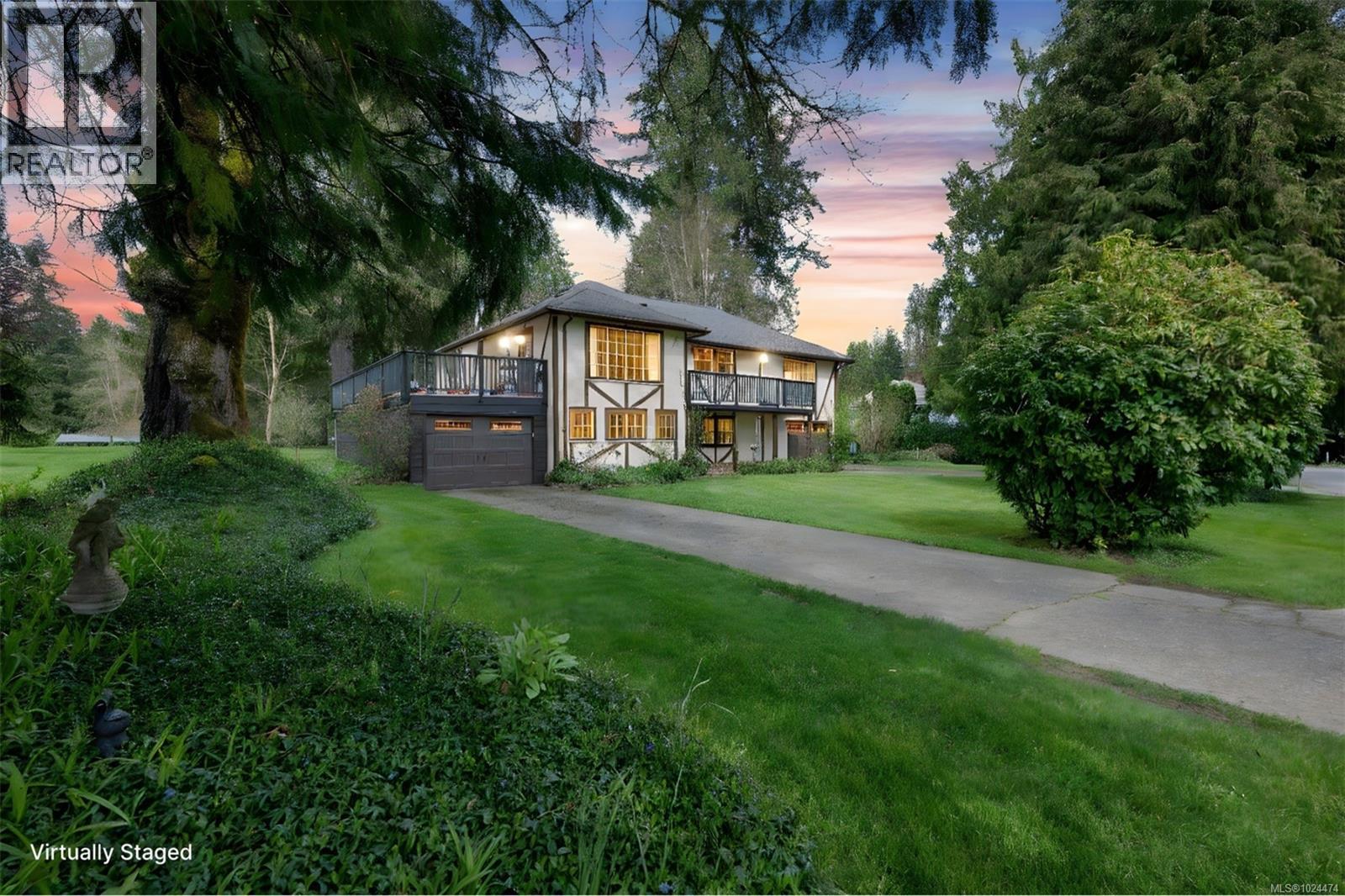
4752 Fairbridge Dr, Duncan
$899,900MLS® 1024474
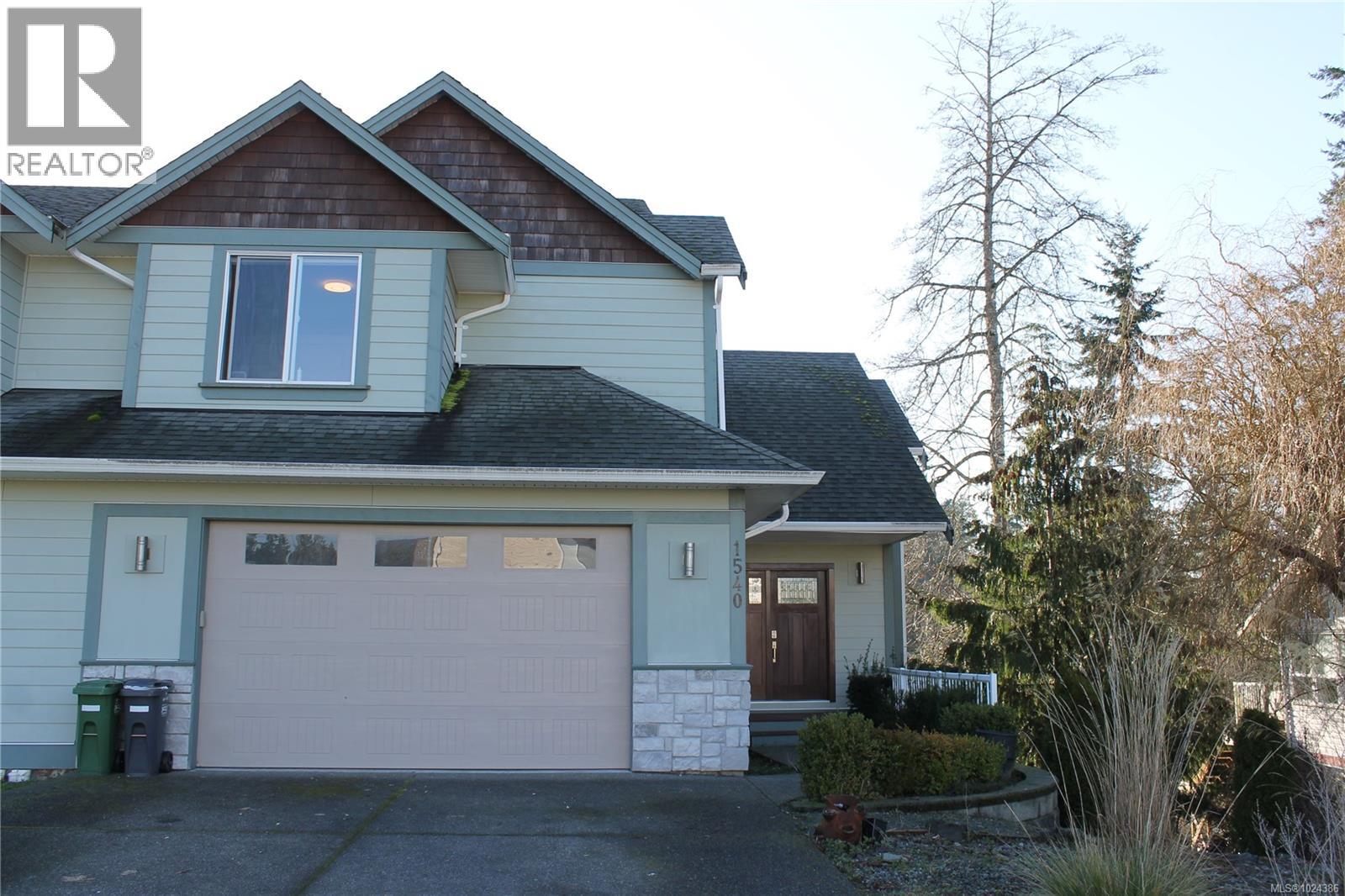
1540 Nimpkish Pl, Duncan
$749,900MLS® 1024386
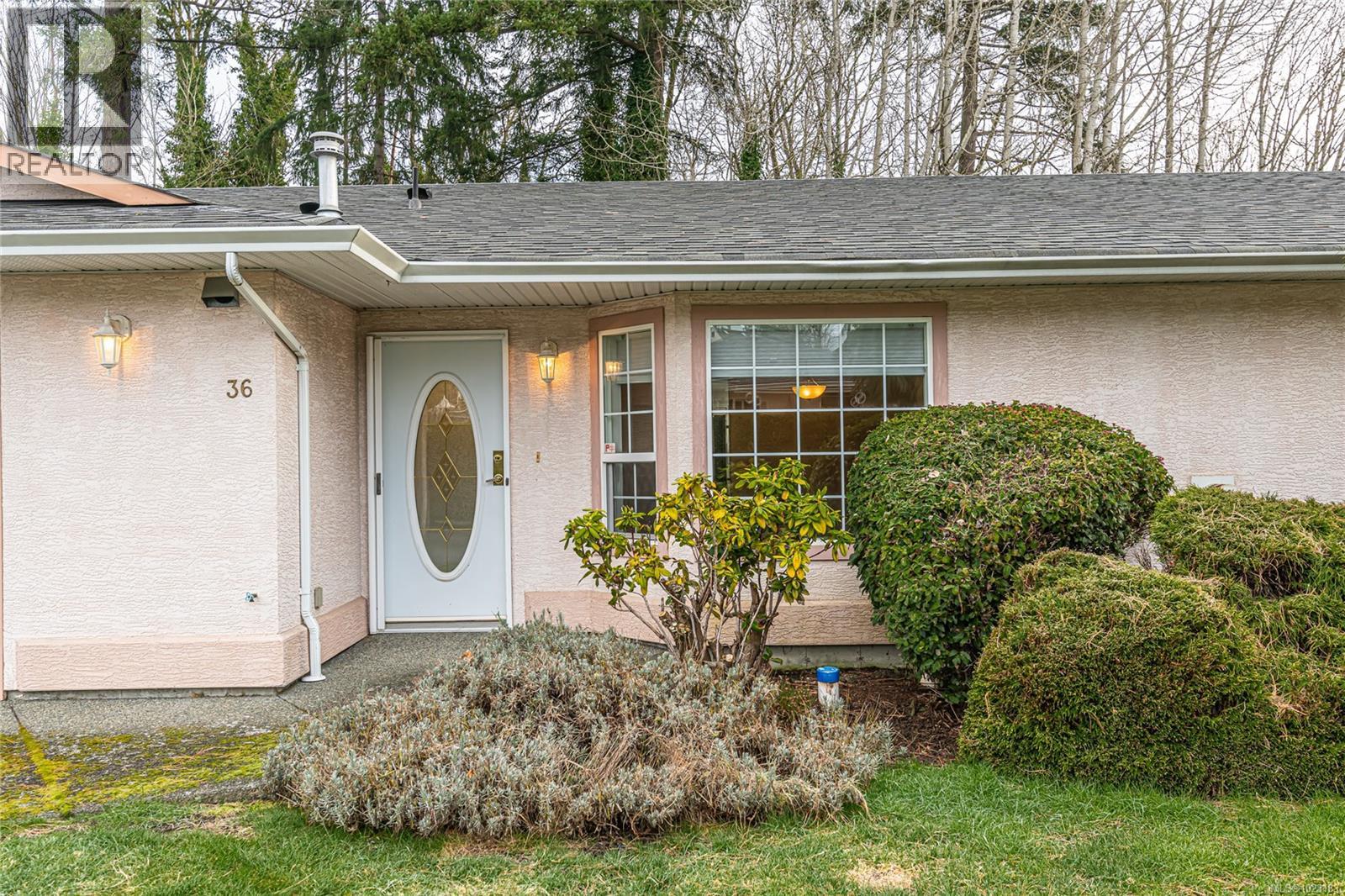
36 6111 Sayward Rd, Duncan
$585,000MLS® 1023183
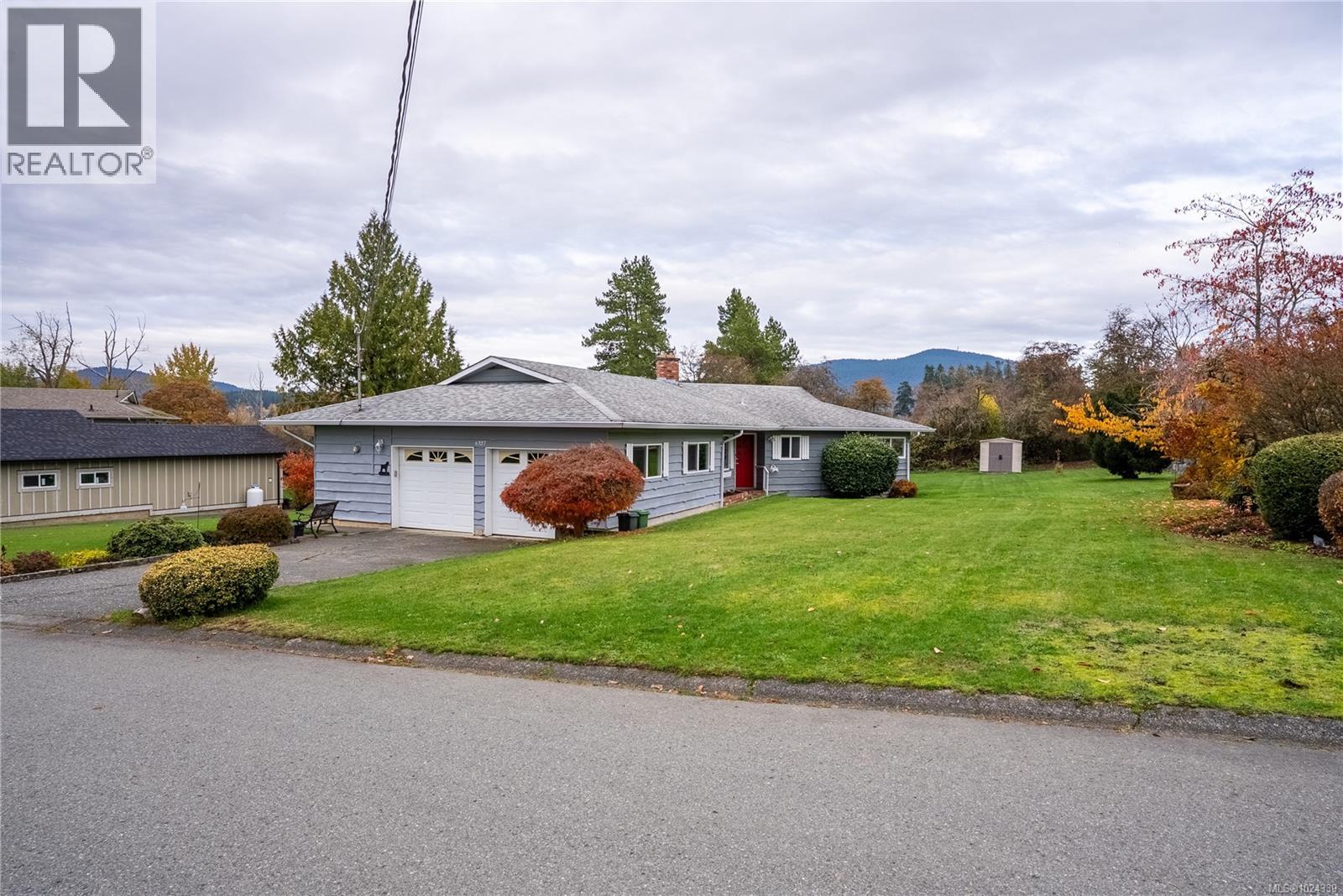
6327 Lansdowne Pl, Duncan
$848,888MLS® 1024339
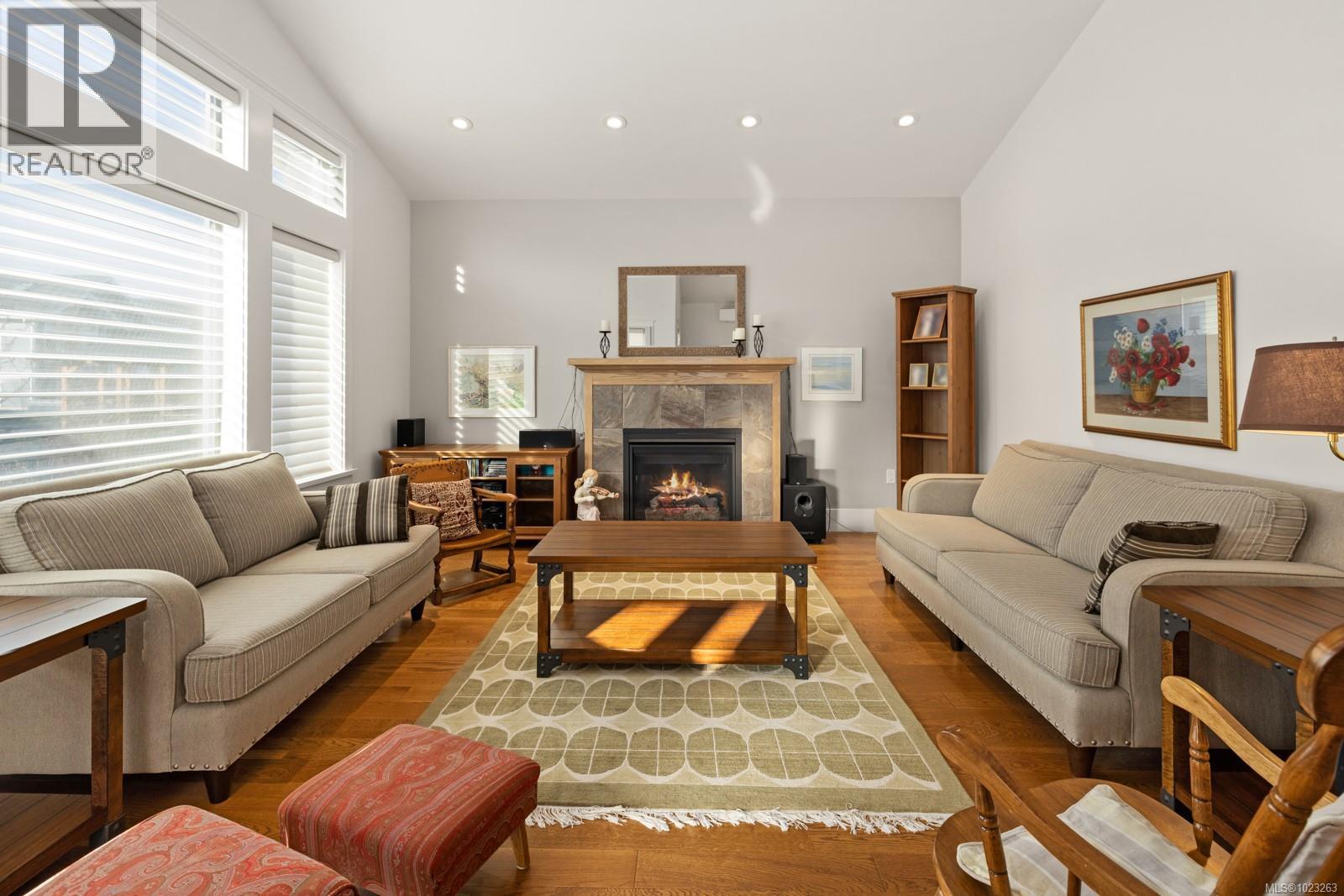
143 Village Way, Duncan
$787,900MLS® 1023263
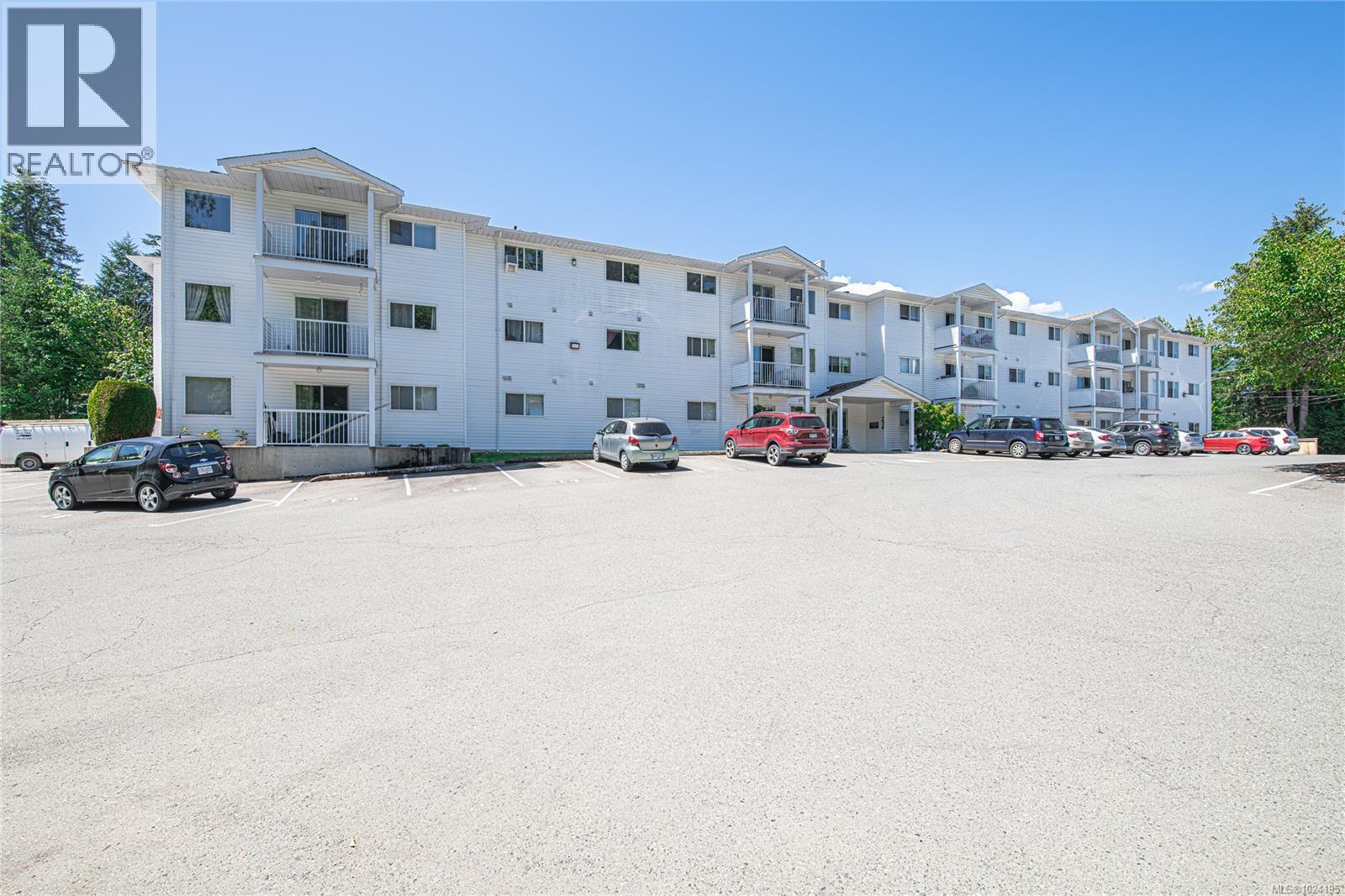
307 3226 Cowichan Lake Rd, Duncan
$329,000MLS® 1024195
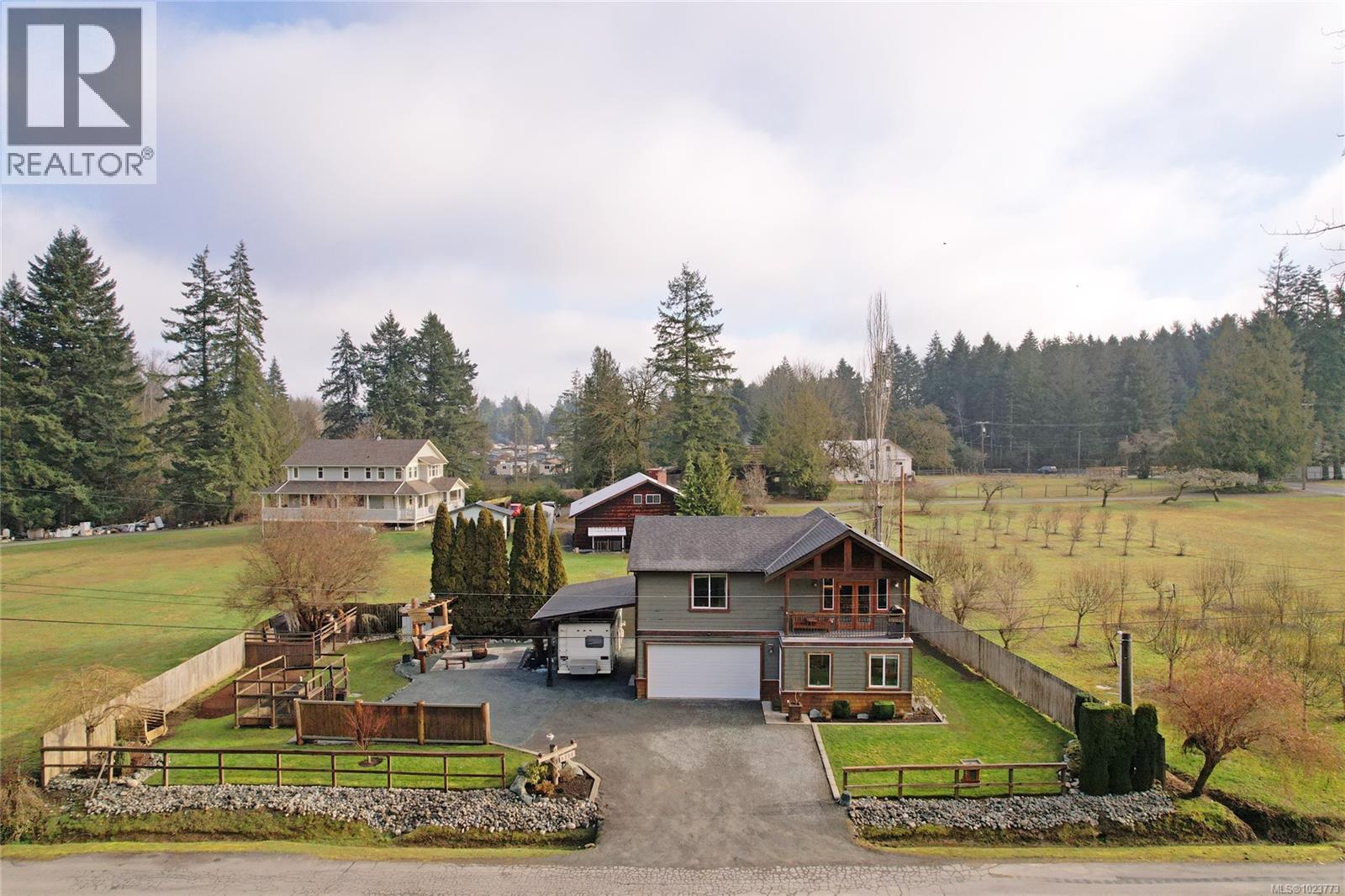
5729 Van Koy Rd, Duncan
$749,000MLS® 1023773
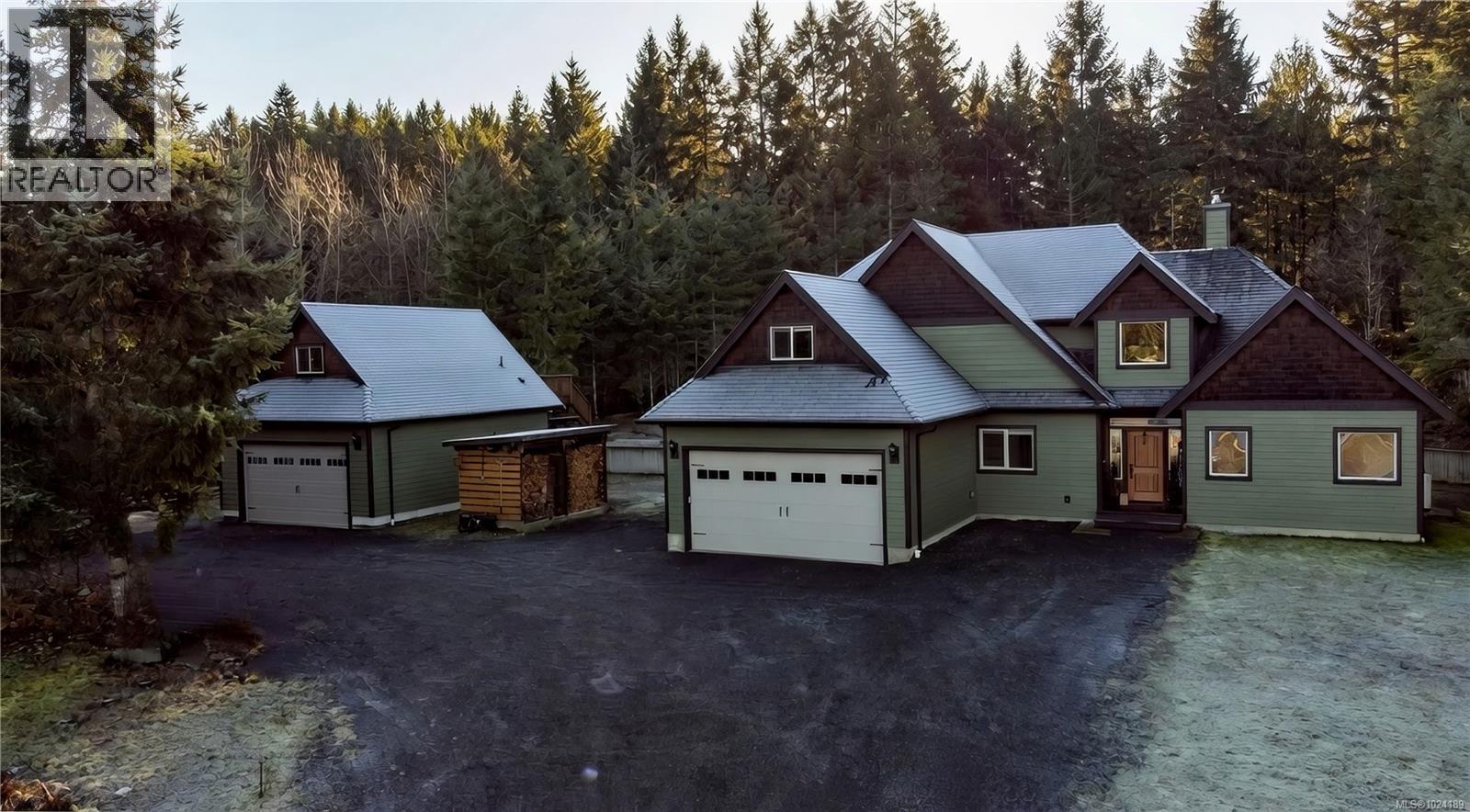
5970 Clements Rd, Duncan
$1,299,000MLS® 1024189
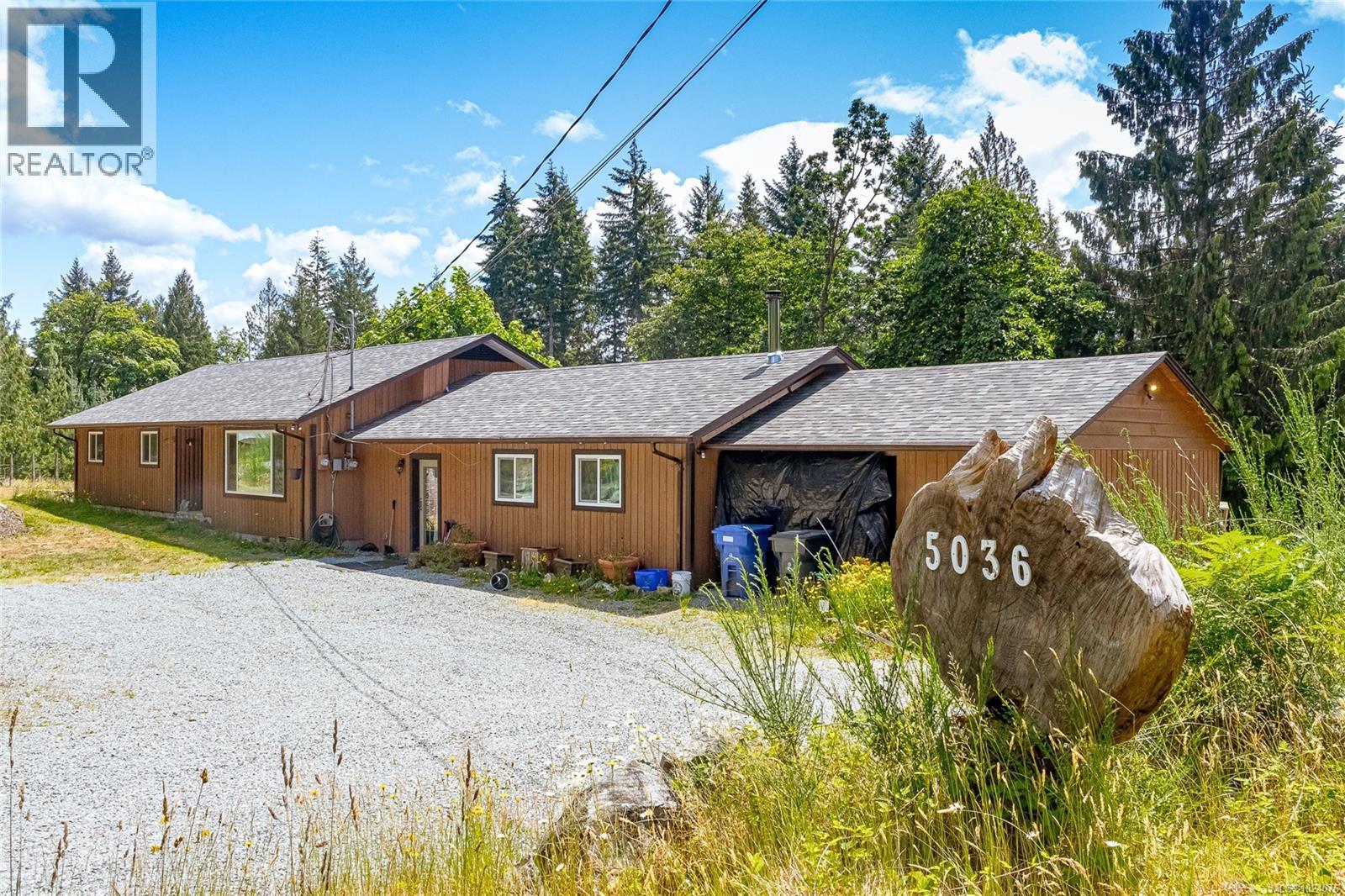
5036 Culverton Rd, Duncan
$1,300,000MLS® 1024076
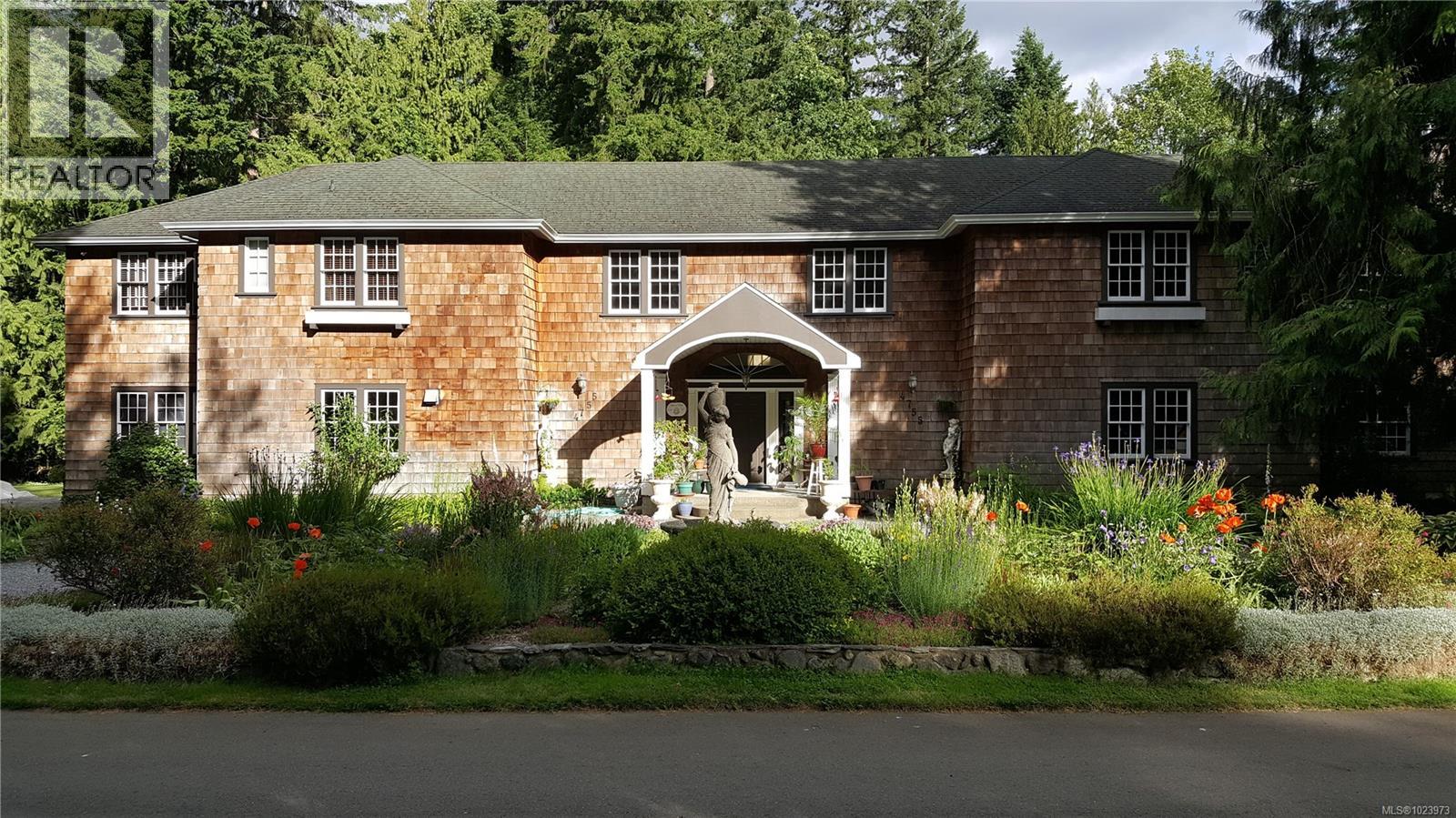
4755 Fairbridge Dr, Duncan
$1,599,000MLS® 1023973
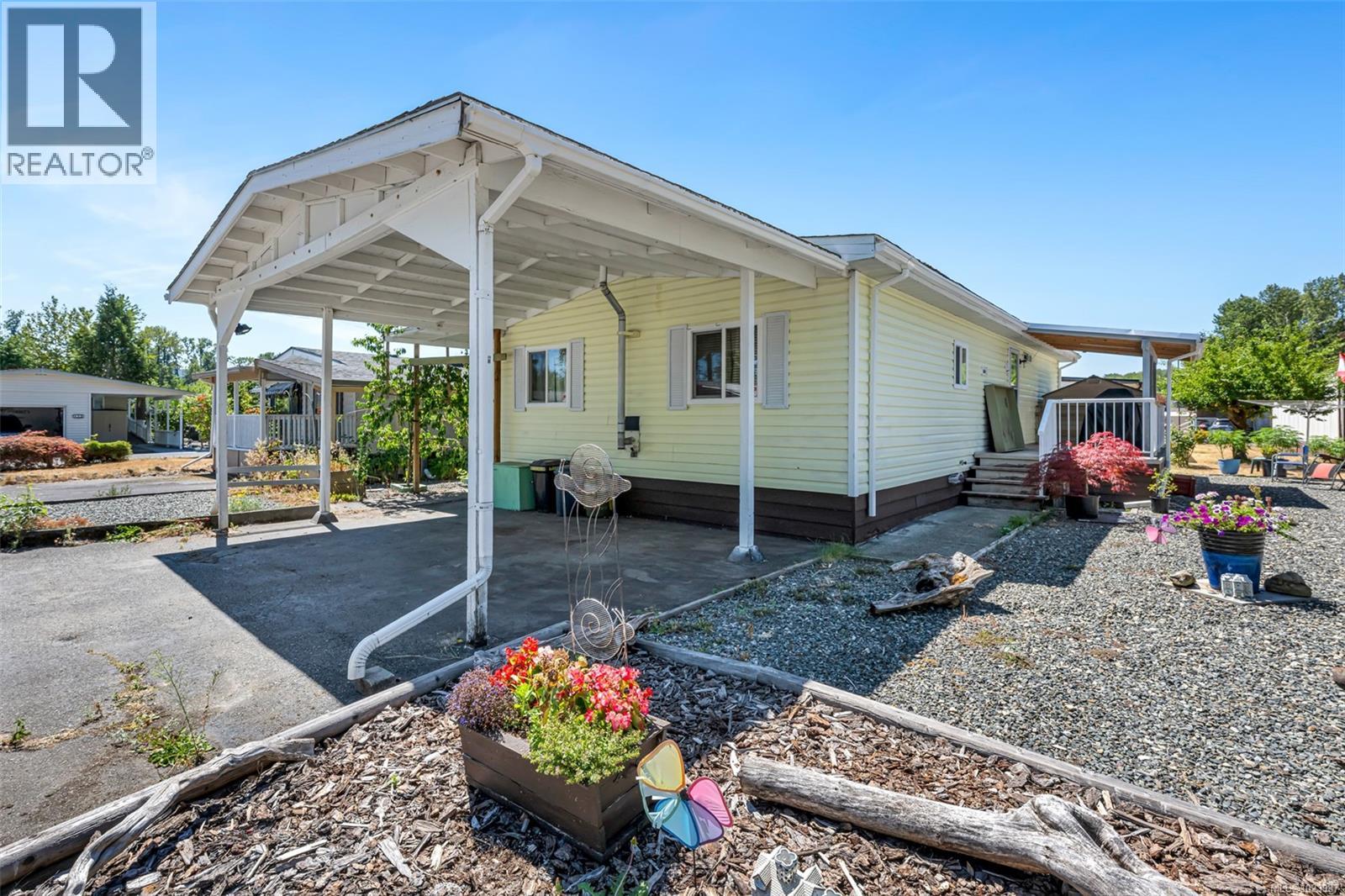
1016 2885 Boys Rd, Duncan
$175,000MLS® 1023987
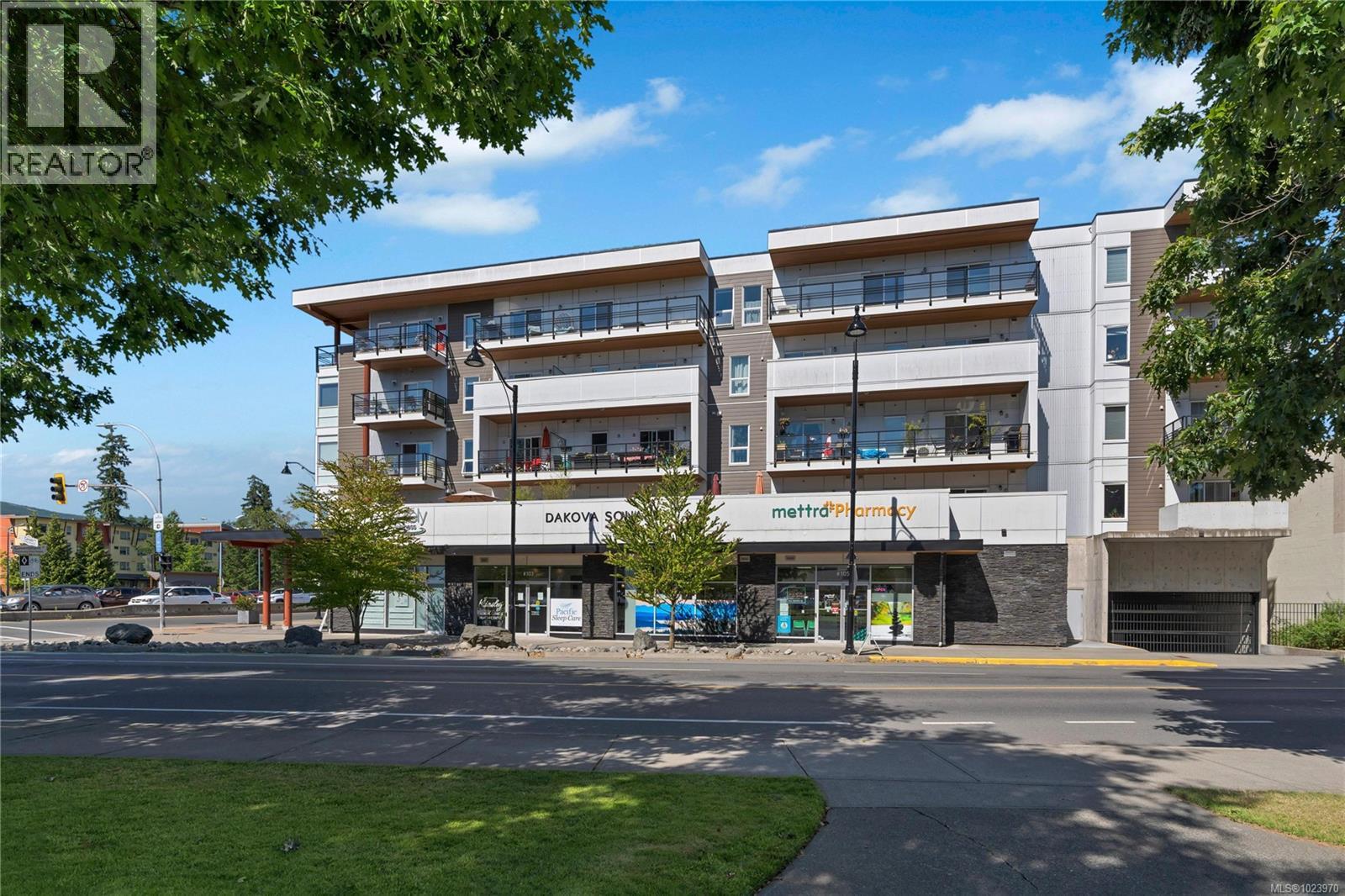
506 15 Canada Ave, Duncan
$499,000MLS® 1023970
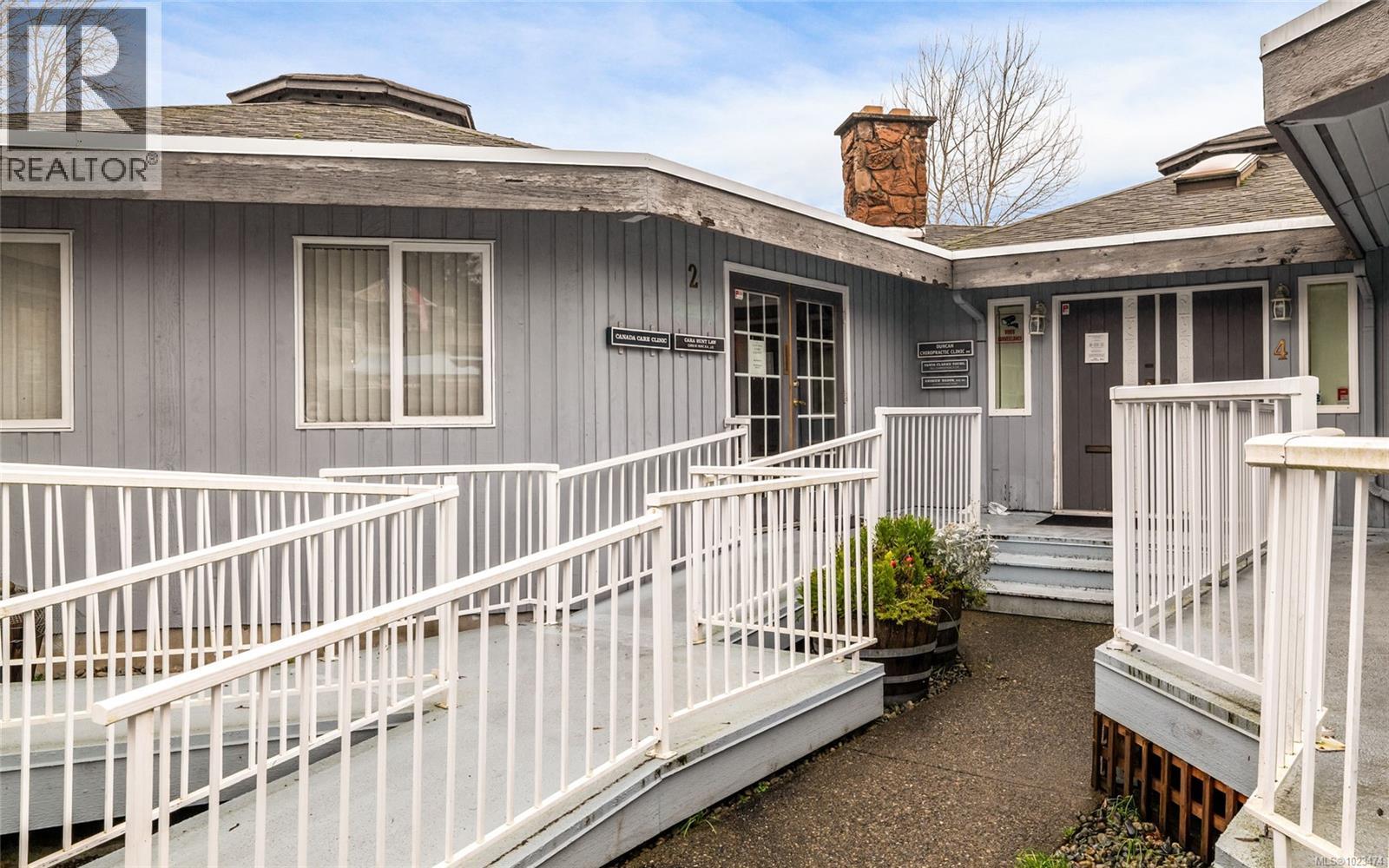
2 271 Ingram St, Duncan
$450,000MLS® 1023474
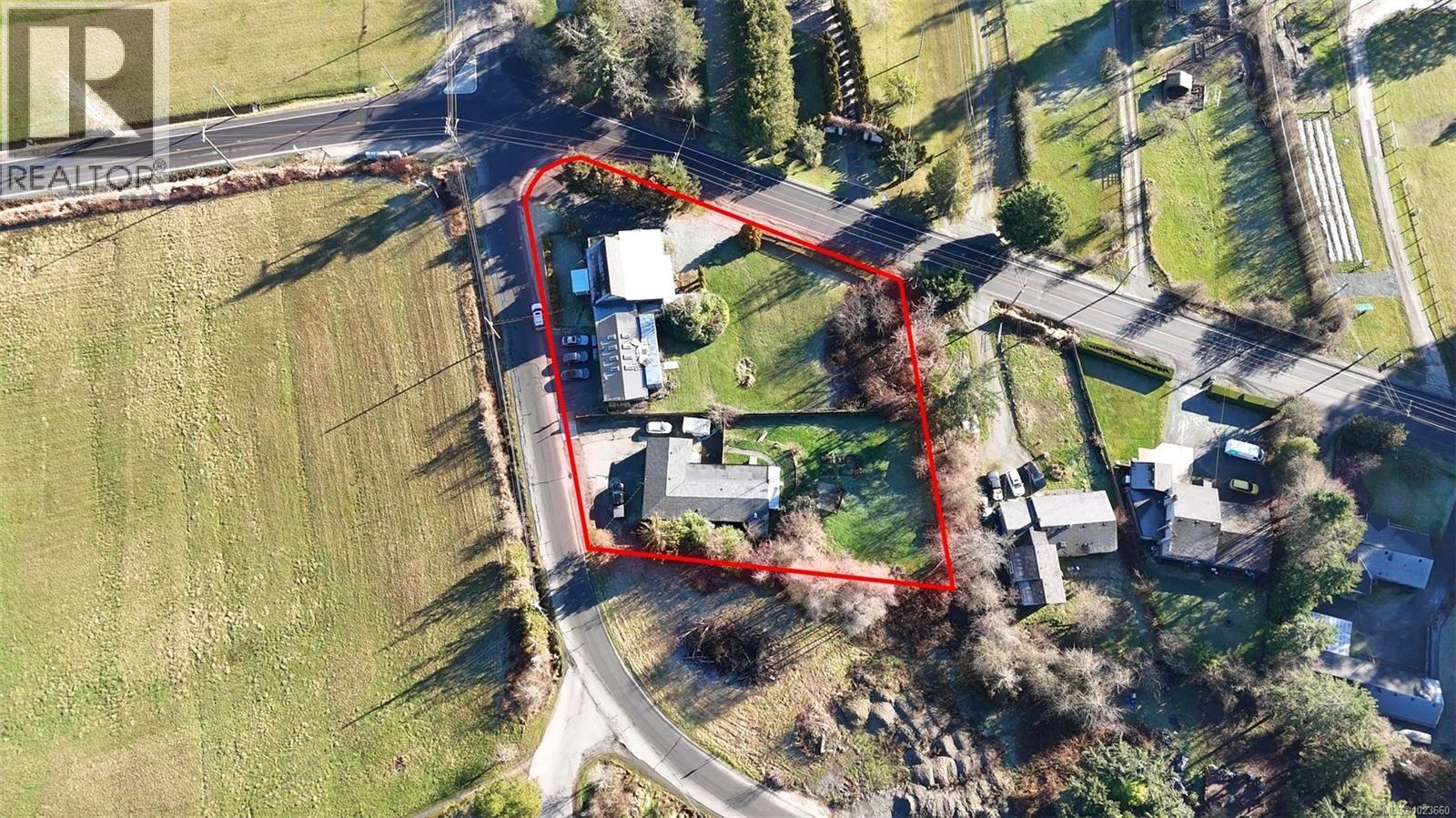
6512 Bell McKinnon Rd, Duncan
$1,500,000MLS® 1023660
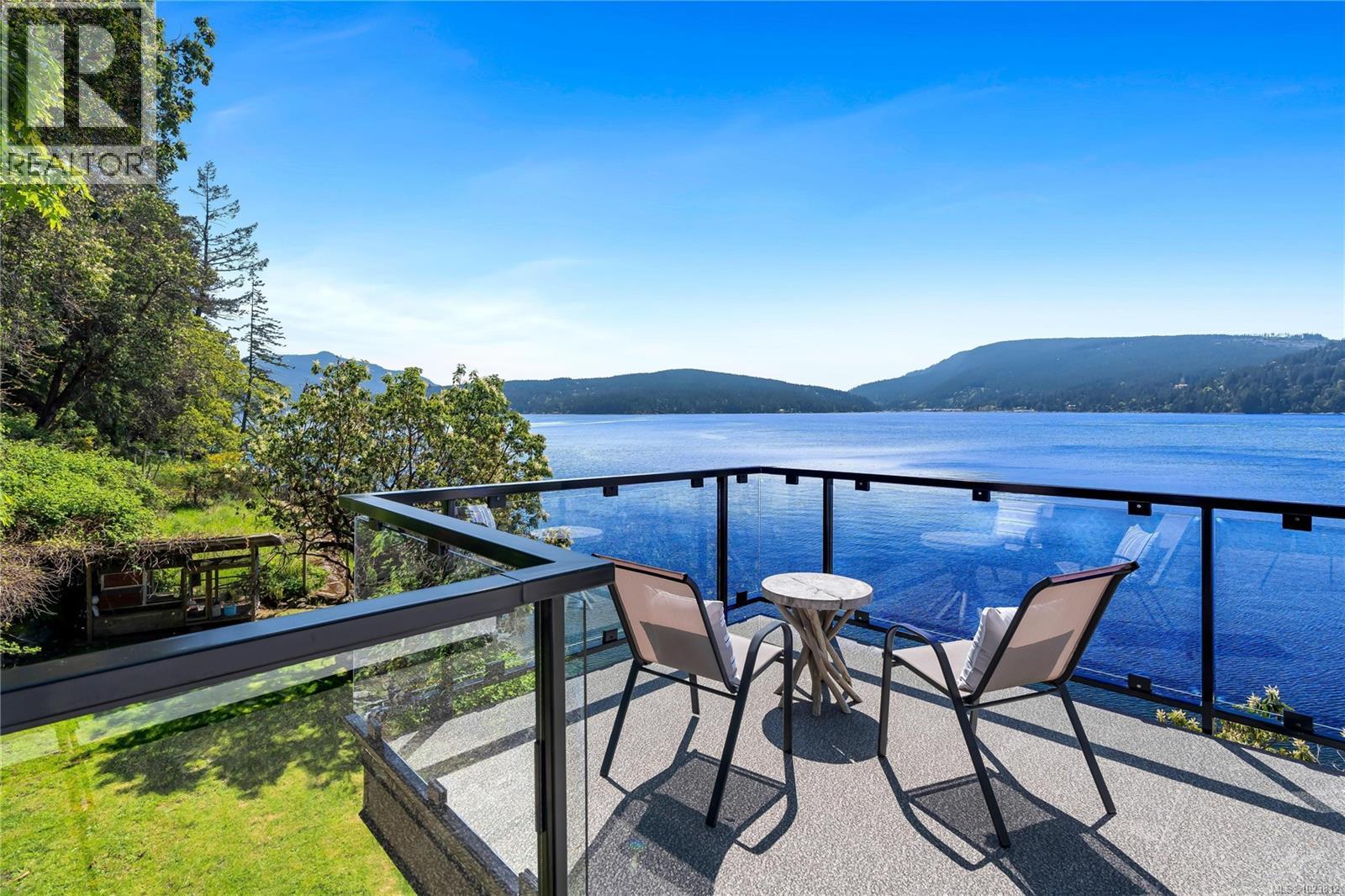
468 Arbutus Ave, Duncan
$2,250,000MLS® 1023812
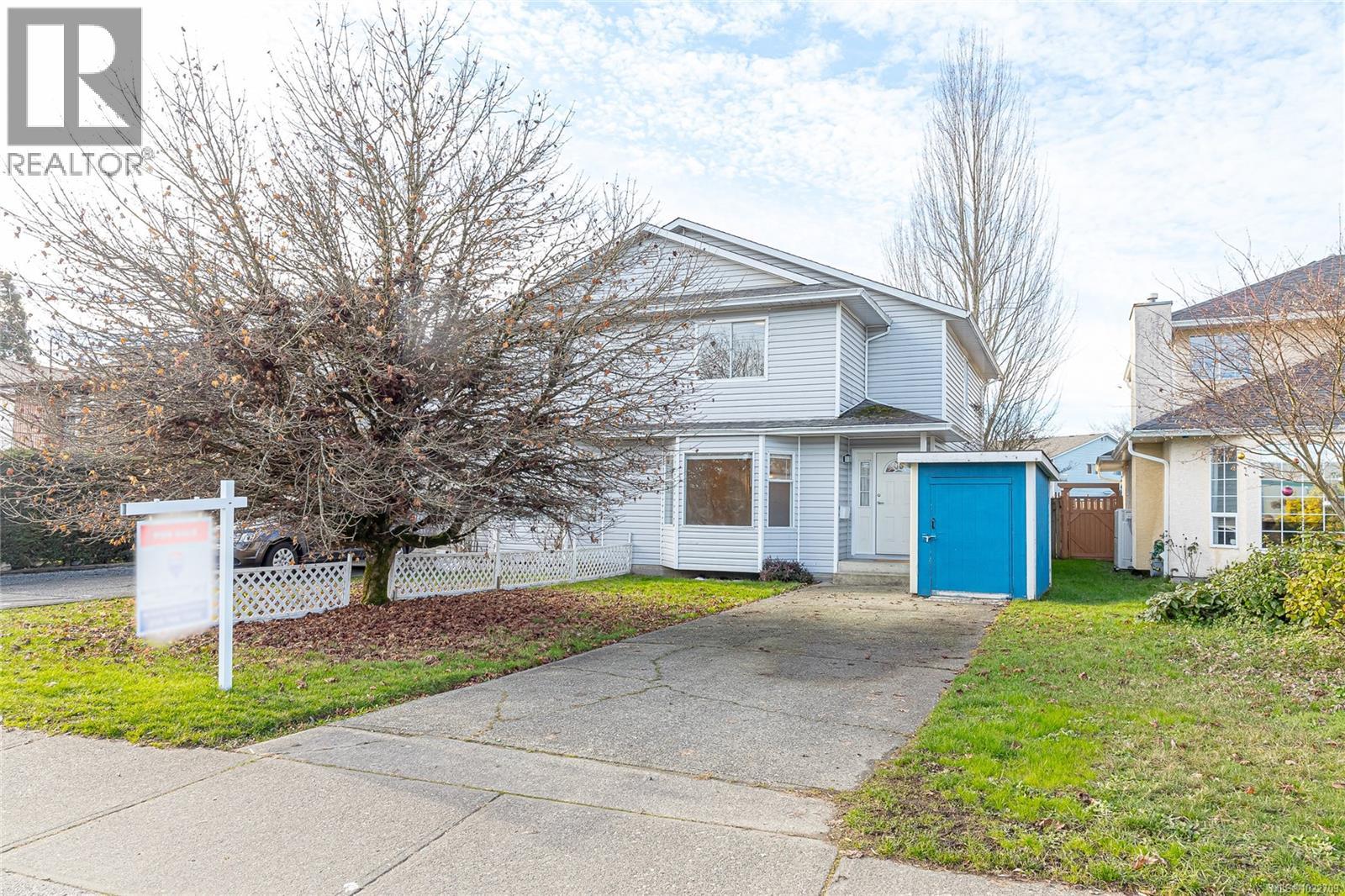
6178 Somenos Rd, Duncan
$475,000MLS® 1022709
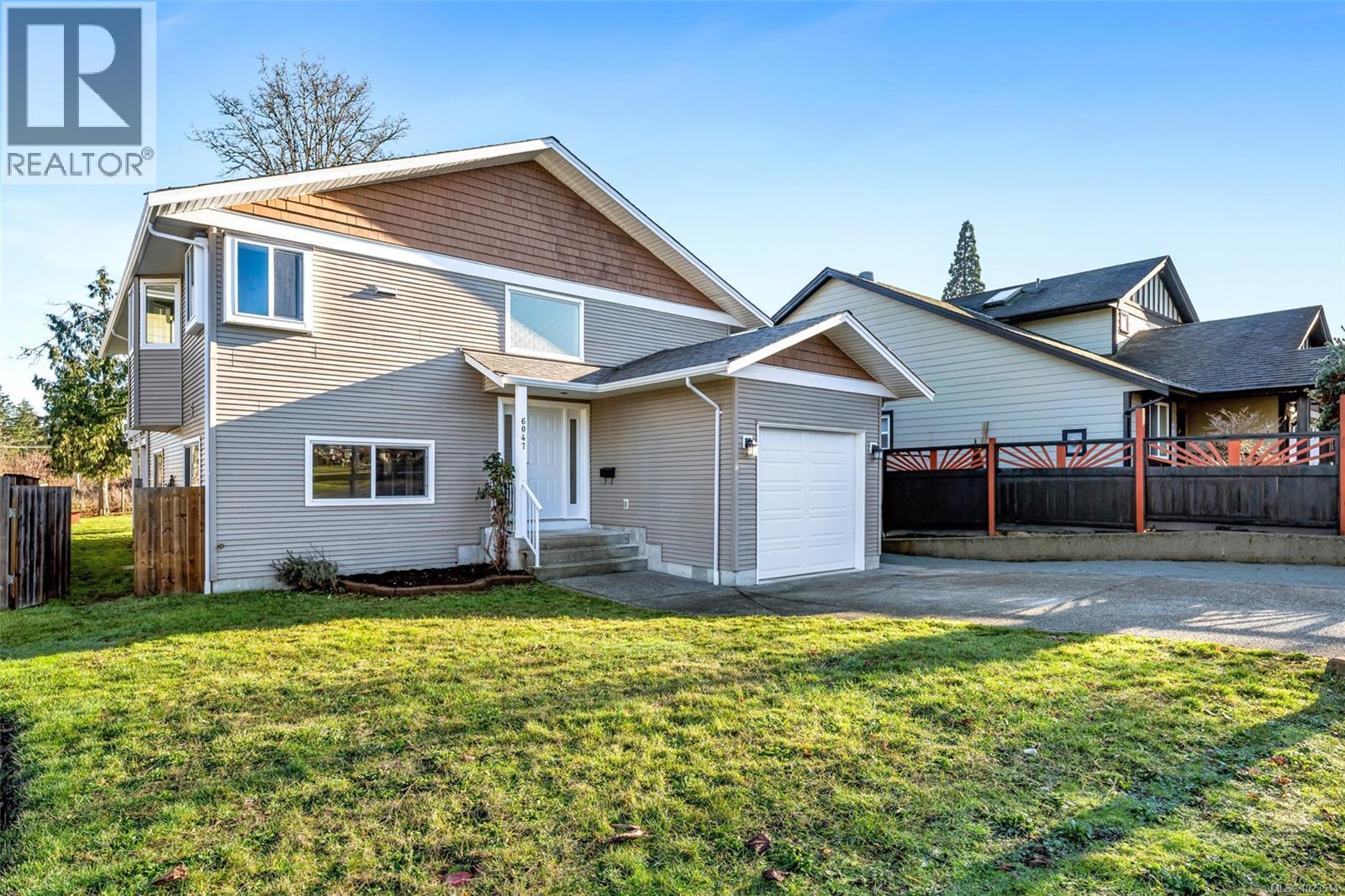
6047 Avondale Pl, Duncan
$749,900MLS® 1023514
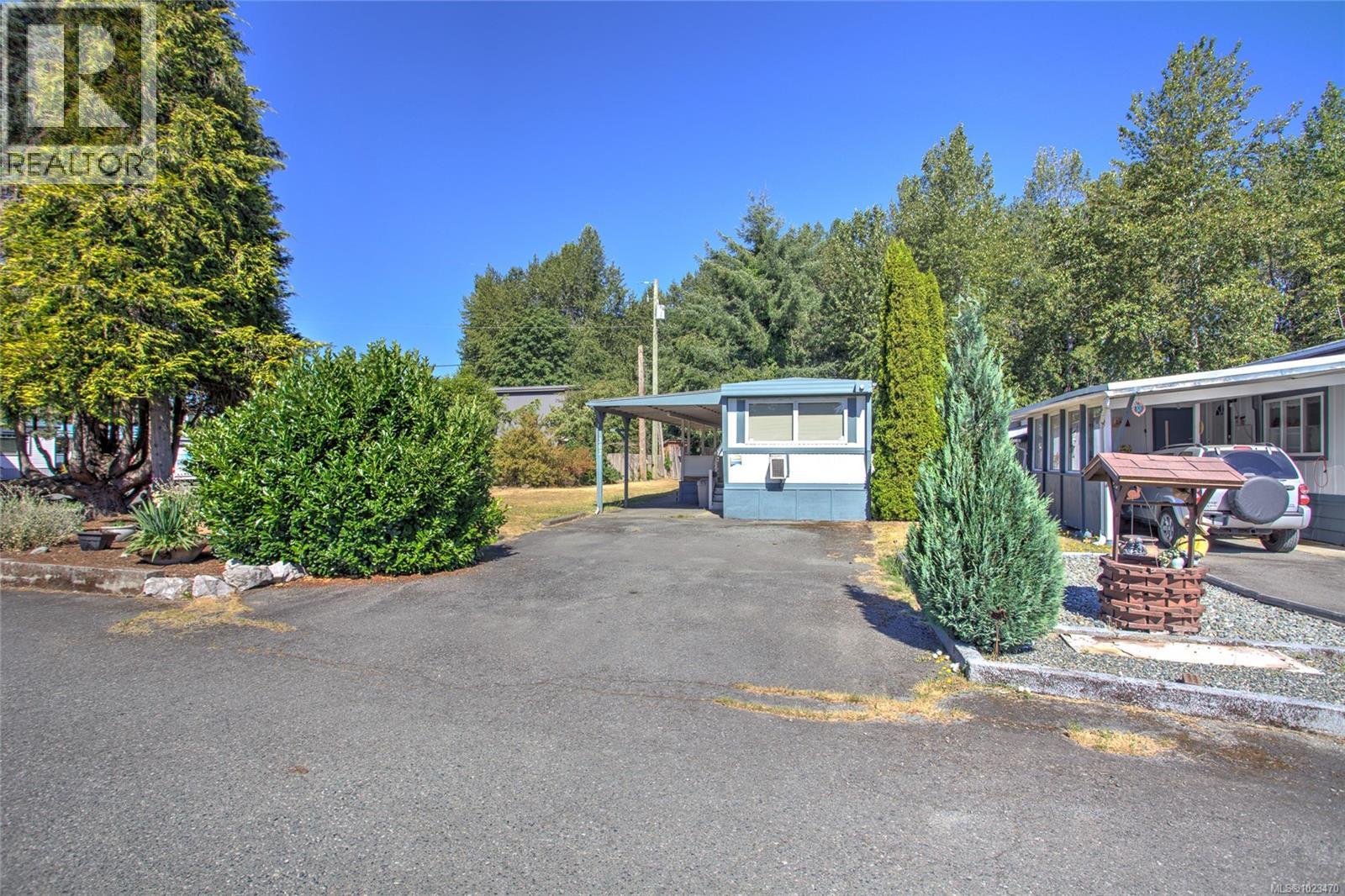
302 2885 Boys Rd, Duncan
$88,000MLS® 1023470
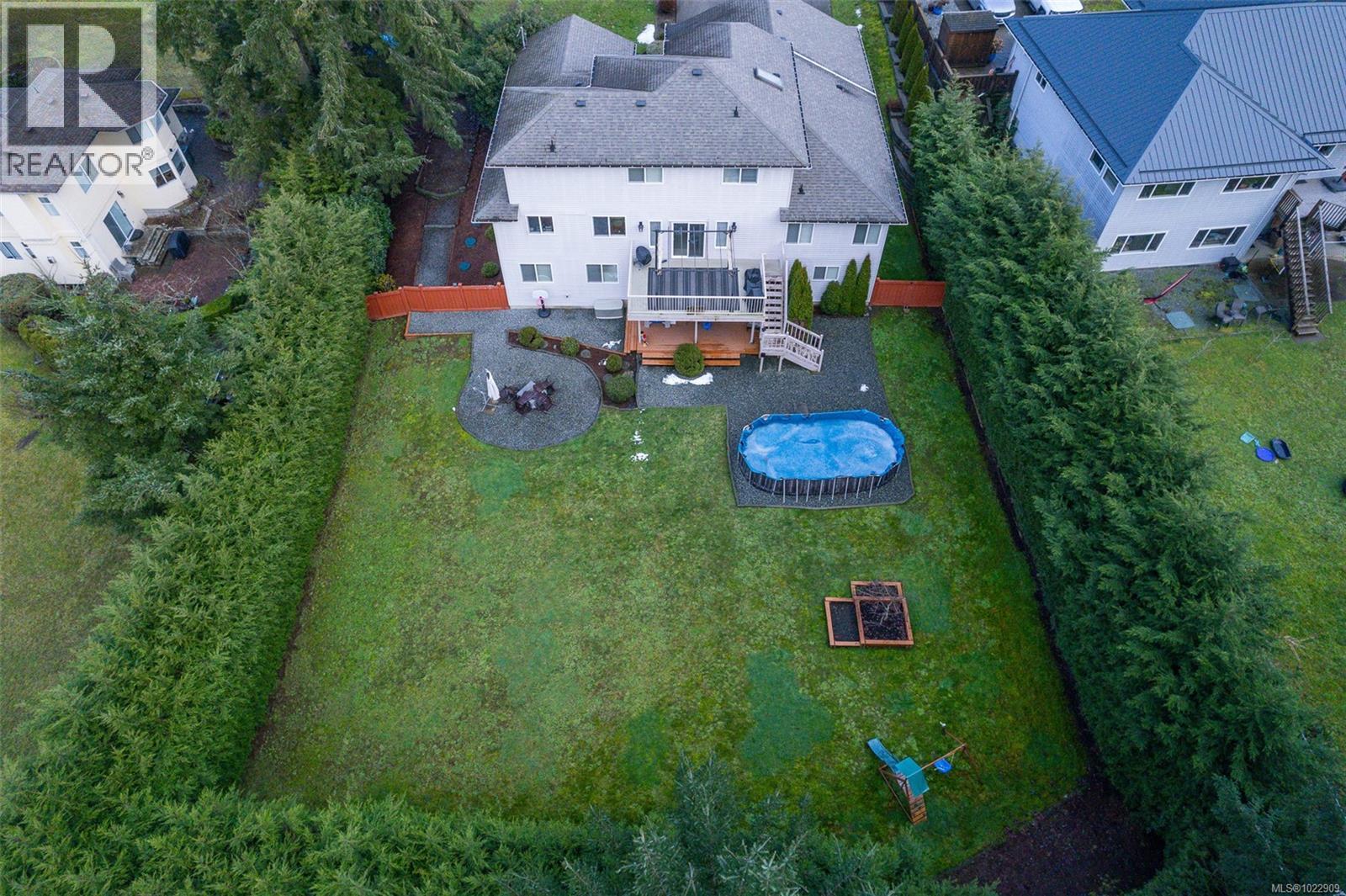
6420 Diana Dr, Duncan
$1,150,000MLS® 1022909
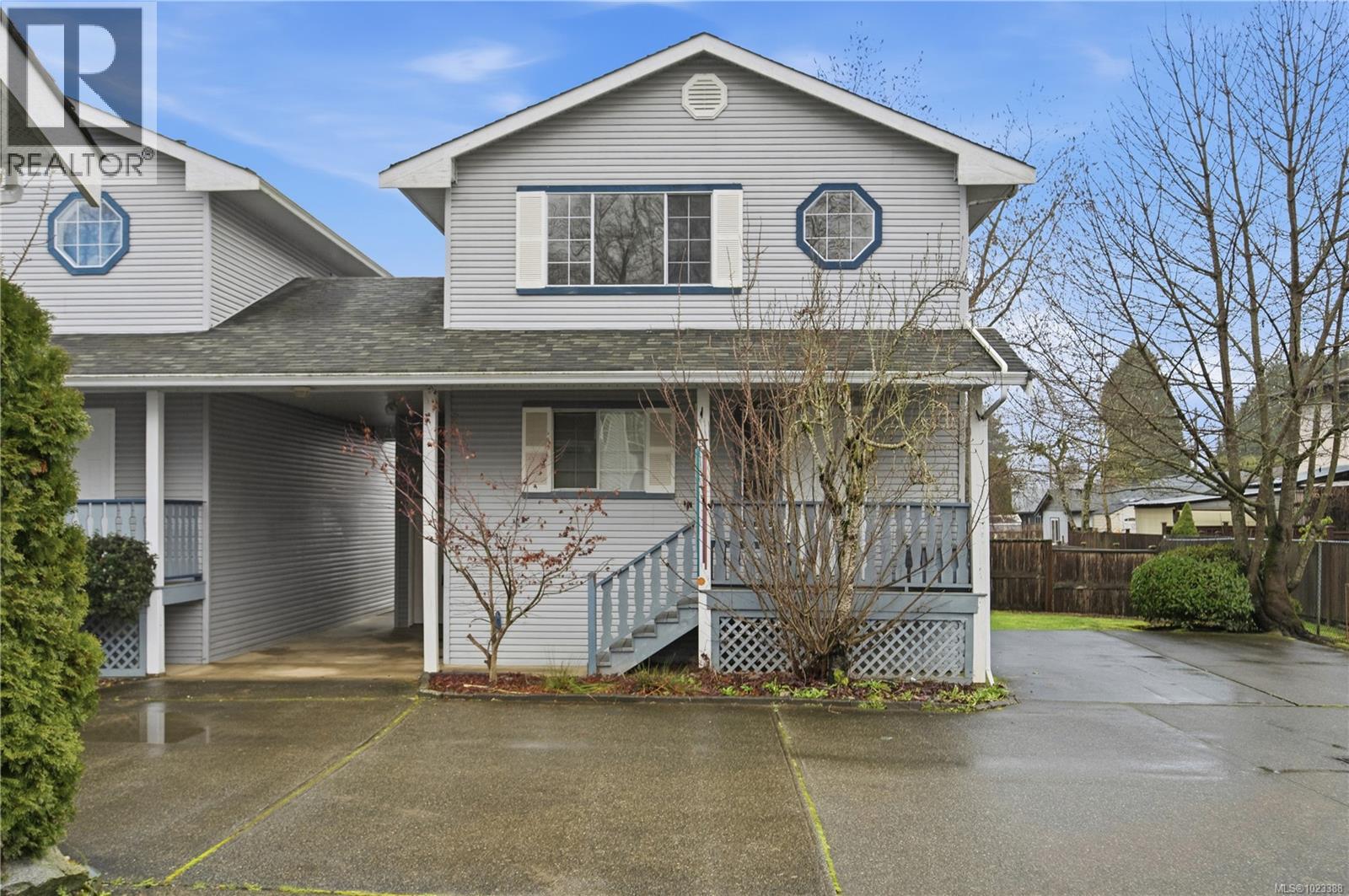
1089 Wharncliffe Rd, Duncan
$499,000MLS® 1023388
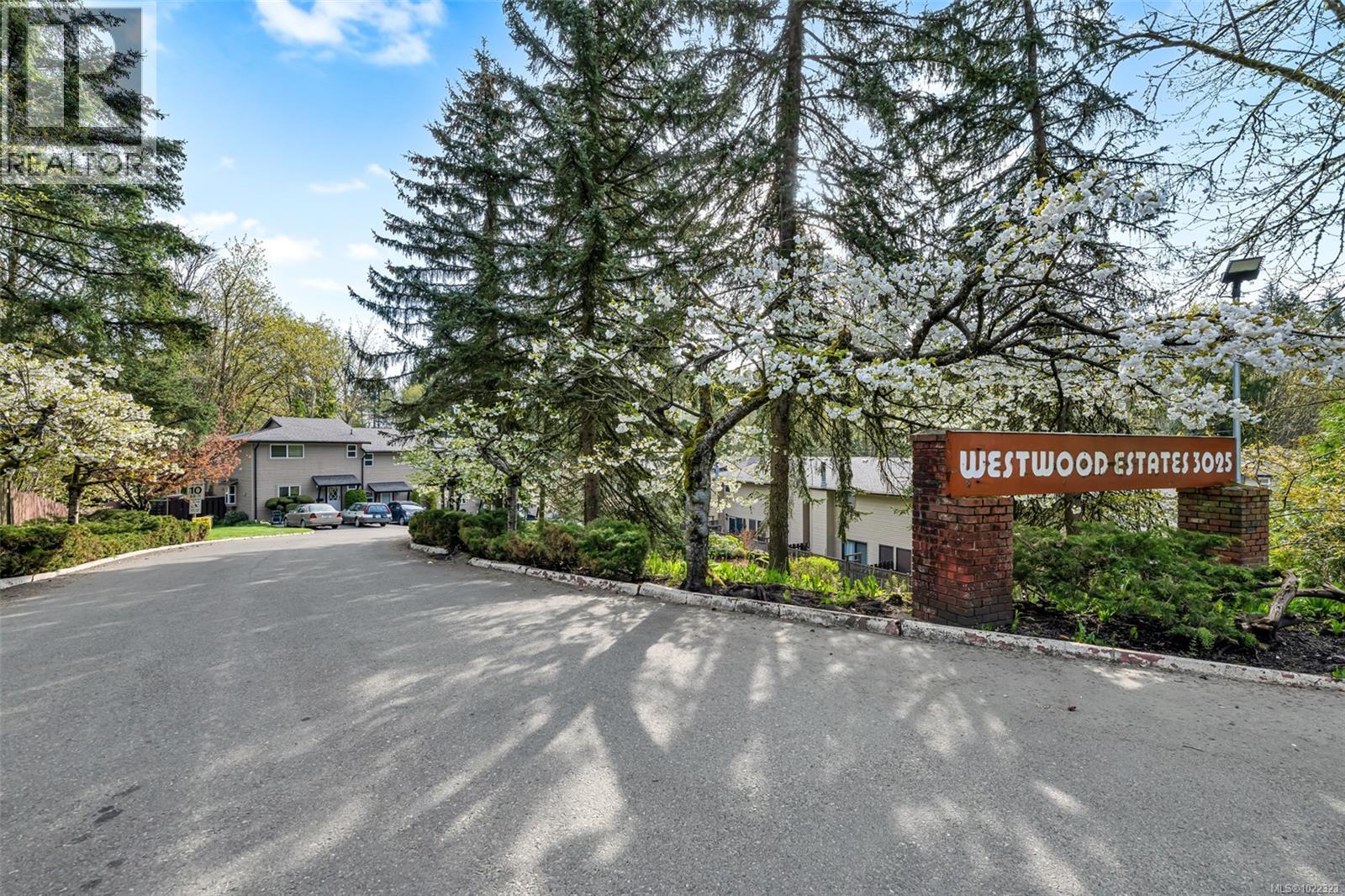
32 3025 Cowichan Lake Rd, Duncan
$425,000MLS® 1022323
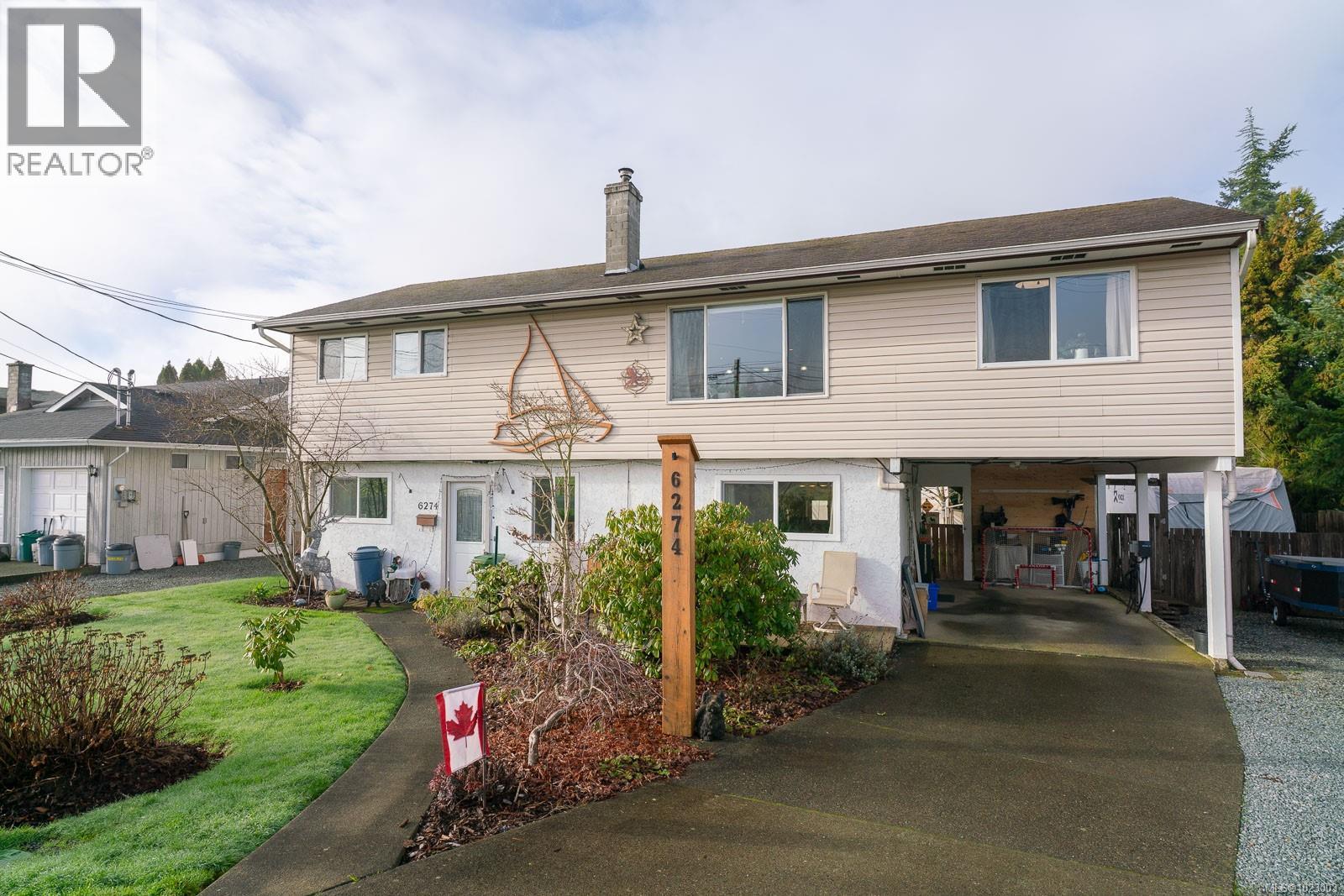
6274 Somenos Rd, Duncan
$699,000MLS® 1023003
